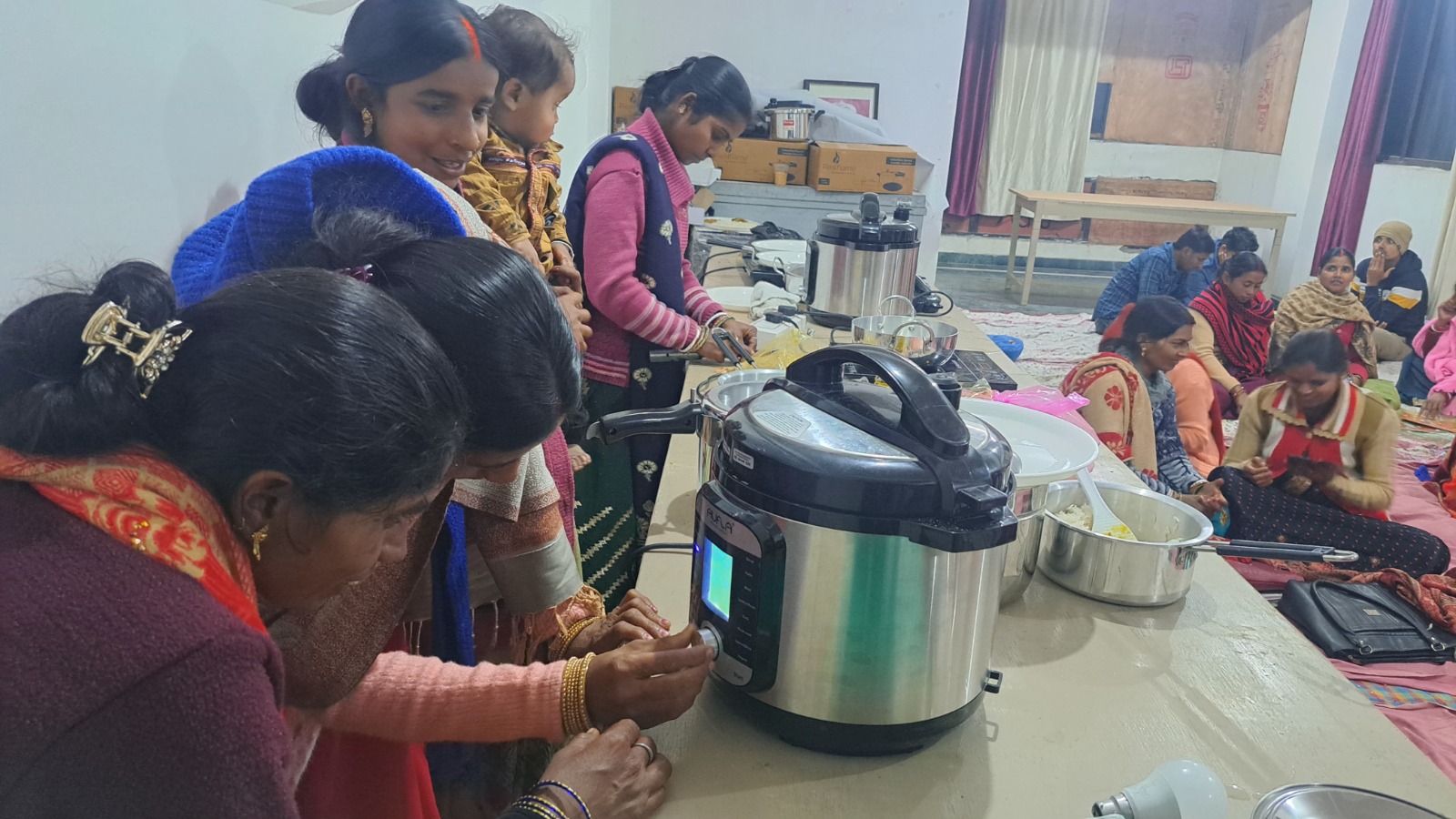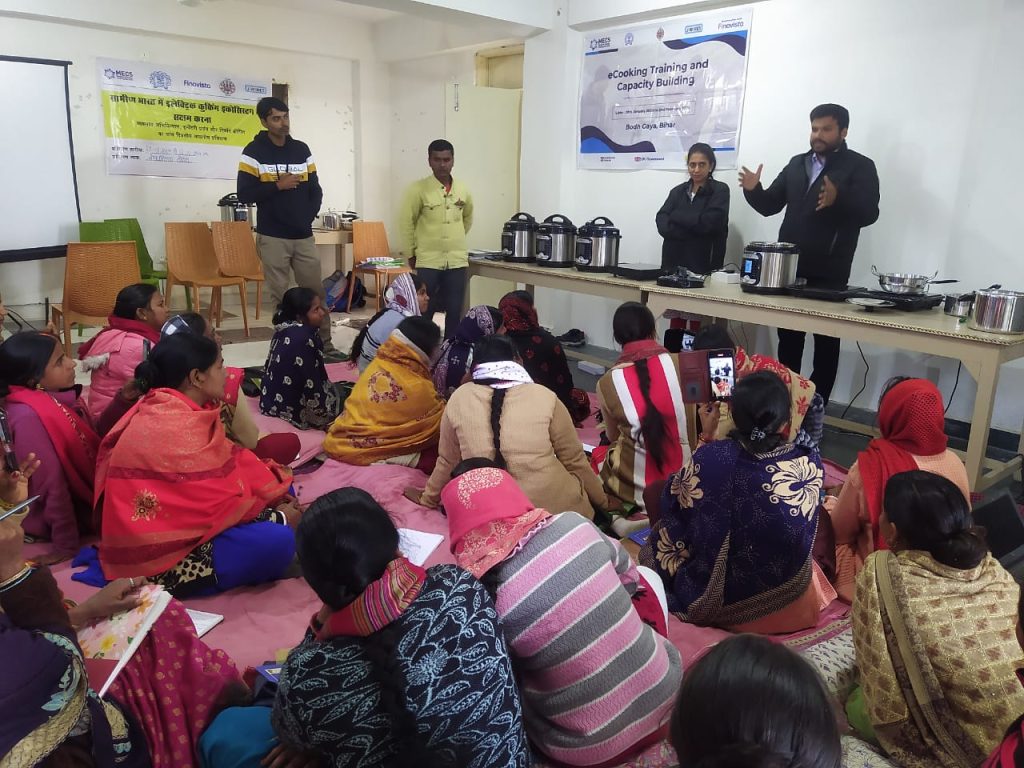
By Kumar Satyam and Krishna Kumar Sinha (Finovista).
Bihar, one of India’s fastest-growing states, is experiencing a remarkable surge in economic development and infrastructure expansion. In 2022, electricity consumption by utilities in Bihar reached 26,064.000 GWh, showing an increase from the previous year’s figure of 24,108.000 GWh in 2021. Analysing data from July 2022 to July 2023 for peak demand vs Peak Met(1) makes it clear that Bihar was able to improve its infrastructure to cater the demand in a span of one year.
With improved infrastructure, the state has been spearheading livelihood initiatives and integrating them with enhanced penetration of renewable energy products and services(2). The initiative “Didi Ki Rasoi”; launched in 2018 as part of the Bihar Transformative Development Project (BTDP), has been applauded globally and sets an example of inclusive growth and development. The initiative has been successfully scaled with over 1200 women entrepreneurs engaged in managing food services across multiple public touch points like schools, hospitals, banks, etc.

The Bihar model, characterized by initiatives such as JEEViKa and JWiREs, demonstrates exemplary practices in demand aggregation and efficient management of the supply chain for eCooking appliances. JWiREs, through its establishment of Clean Cooking Champion teams comprising women referred to as “Didis” across various blocks in Bihar, showcases a laudable approach. Our team had the privilege of interacting with and providing training to the Didis. The training primarily focused on the utilization and operation of Electric Pressure Cooker (EPCs) and induction cooking stoves. Following the training session, the Didis prepared staple dishes like Dal Bhat and Bhujia, showcasing their ability to comprehend and implement the learnings efficiently.
The pivotal role of these Didis in stimulating demand for eCooking devices cannot be overstated. Post-training, they diligently visit every household within their respective areas and engage with residents, particularly women, to raise awareness about eCooking technologies. Their efforts extend to conducting live demonstrations, thereby generating greater interest and attention toward the products. Importantly, they serve as conduits for channelling demand to local smart shop owners, many of whom are also women. This grassroots intervention, orchestrated by JWiREs and facilitated by the Didis, represents a commendable initiative in rural Bihar, deserving recognition and appreciation for its success. It also represents a strong opportunity for enabling the transition to modern energy-based clean cooking, through electric cooking in institutions. However, to enable this, a multifaceted approach would be required, which would include awareness creation, demonstrations, handholding, and training, availability of devices and after-sales service, and supply of reliable electricity.
In Bihar, the journey towards clean cooking is not just about adopting new technologies; it’s a testament to the power of community-driven initiatives and women’s empowerment. The Didis stand as shining examples of resilience, innovation, and leadership, driving sustainable change one household at a time. As we celebrate their achievements, let us reaffirm our commitment to supporting and scaling such initiatives, ensuring a cleaner, and healthier future for all.
………………………………
Featured image, top: Didis taking part in an eCooking competition organised as a part of the training programme conducted by MECS in-country partner Finovista in Bihar, India (image credit: Finovista).
1 https://cea.nic.in/dashboard/?lang=en
2 https://www.worldbank.org/en/news/feature/2023/02/27/didi-ki-rasoi-a-rural-women-led-enterprise